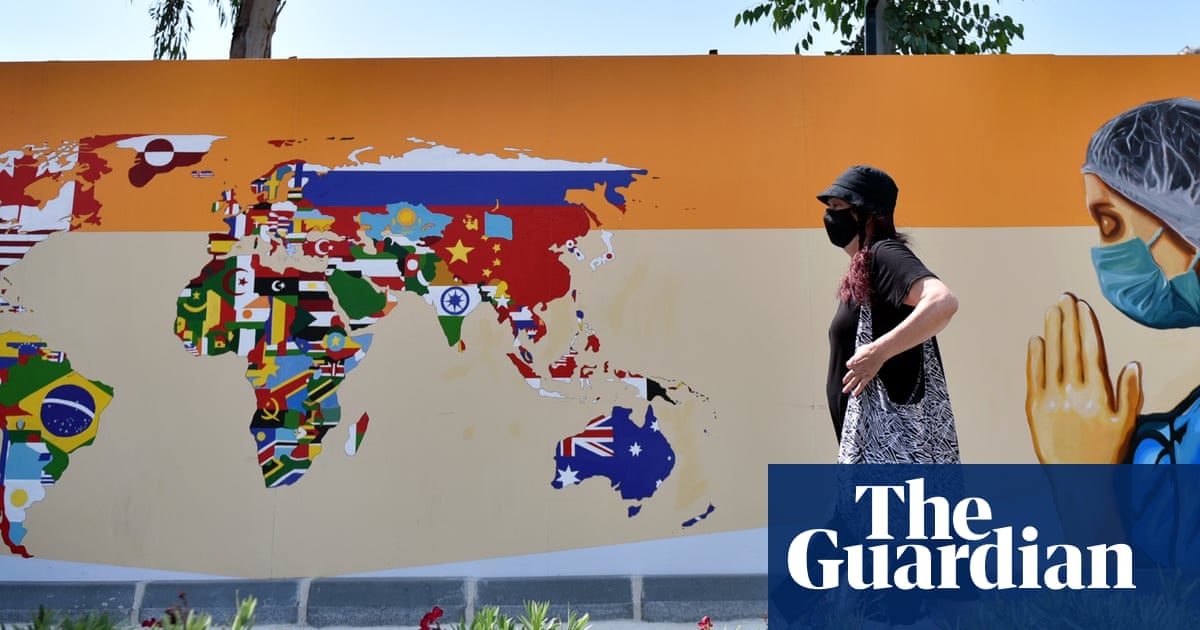World is suitable for the pandemic agreement to tackle the epidemics of the disease | Global development

A pandemic agreement governing the way in which the world should work together to combat future epidemics of diseases has been adopted by world leaders after three years of negotiation.
Dr. Tedros Adhanom Ghebreyesus, Managing Director of the World Health Organization (WHO), said it was “a victory for public health, science and multilateral action”.
“This will assure us that we can collectively protect the world from future pandemic threats. It is also recognition of the international community that our citizens, societies and economies should not be left vulnerable to once again suffer losses like those endured during COVID-19, “he said.
The WHO Pandemic Agreement was adopted with applause by delegates to the World Health Assembly (WHA) in Geneva. The United States will not be part of the agreement, having withdrawn from WHO and negotiations after Donald Trump took office.
Plans for a pandemic treaty, governing the way the world should react to the future world epidemics of diseases, were first of all Announced in March 2021. World leaders, including Boris Johnson, promised an “heritage that protects our children and grandchildren and minimizes the impact of future pandemics on our economies and societies”.
However, the WHA initial deadline in 2024 was missed in the midst of distrust between the North and the South in the world. There were high levels of disinformation surrounding negotiations, including false allegations according to which the agreement would give up sovereignty to WHO or give it the power to impose locking and vaccination mandates.
In order to reach the agreement this week, certain key discord points have been pushed back for subsequent talks. The question of access to pathogens and the sharing of advantages (PAB) – or what countries can expect, in terms of access to vaccines and processing, in exchange for data sharing on all new bugs emerging on their territory – will be governed by an annex to the treaty, to be negotiated over the next 12 months.
The independent panel for pandemic preparation and response recommended an agreement of this type four years ago after examining the international response to COVID-19. The co-president of the panel, the former Prime Minister of New Zealand Helen Clark, said that the agreement should be considered “a basis from which to build, from today”.
She warned: “Many gaps remain in finance, equitable access to medical countermeasures and in the understanding of evolving risks. Don't wait to start.
The agreement will not open for signatures Until the PAB appendix is completed. He will then come into force after at least 60 countries have signed. However, it is already considered a key achievement for WHO at a time of crisis, with lower funding after the United States has withdrawn requiring dramatic cuts.
Dr. Teodoro Herbosa, secretary of the Philippine Department of Health, and president of this year's WHA, said: “Now that the agreement has been made for life, we must all act with the same urgency to implement its critical elements, including systems to ensure fair access to health products related to life.
“As Cavid was a unique emergency, the Pandemic WHO agreement offers a unique opportunity to rely on lessons learned from this crisis and ensure that people in the world are better protected if a future pandemic emerges.”





